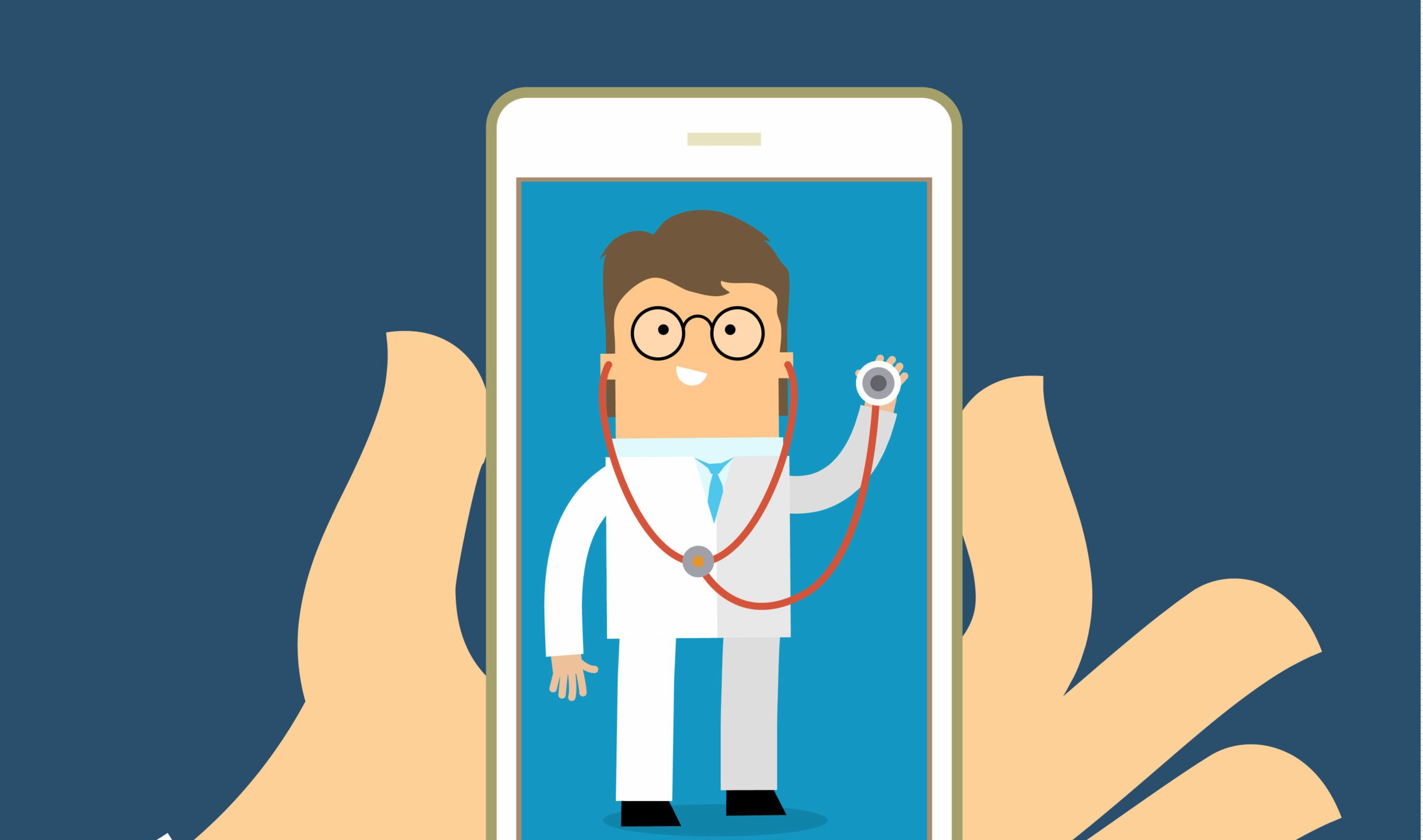Medical device and MedTech insights, news, tips and more
$3.5B Invested In Digital Health So Far In 2017. Where Is The Industry Going?
October 31, 2017

Investors in digital health have been busy this year. In the first half of 2017, 188 startups took in $3.5 billion in investments—a record-setting amount.
It’s not hard to see why. Patients and providers are both looking to digital health tools to get better treatment and improve the relationship dynamic.
With all that money flowing into some very intriguing startups, and it’s a good idea to know what the digital health industry holds for us in the coming years.
1. Telehealth
When a rural patient has to travel hours to see a doctor for a simple consultation, there’s a problem that needs solving.
 Telehealth isn’t just for rural patients, but it is a big step forward when it comes to getting patients the care they need when they need it. And by 2018, telehealth adoption is expected to double from its rate in 2016 according to Hospitals and Health Networks.
Telehealth isn’t just for rural patients, but it is a big step forward when it comes to getting patients the care they need when they need it. And by 2018, telehealth adoption is expected to double from its rate in 2016 according to Hospitals and Health Networks.
Telehealth is a term that covers a broad range of services, but it boils down to using technology to help facilitate consultations, diagnosis, education, or care management—anything that used to be done solely in person, that can now be done while patient and provider are physically miles away.
It’s not just a convenience thing, but can actually be a life-saving resource as well. Patients who face difficulties getting to a care provider now have the option of meeting virtually.
This will open up a whole new world of possibilities for health care and doctor-patient relationships.
2. Patient Recovery
A surgeon who has hundreds of patients a year can’t call each patient every day to follow up and see how they’re doing. The volume quickly becomes overwhelming. The rate of knee replacements alone nearly doubled between 2000 and 2010 according to the CDC. But post-op, patients want to be in the loop. They want to know that they’re on target during their recovery, that they’re hitting their milestones.
That’s why many of the investments in digital health are going towards patient recovery tools. For example, Pulse is a joint replacement recovery app that is the brainchild of Dr. Nitin Goyal, a surgeon, and digital health entrepreneur. Apps like these look to use tech to help patients stay on course after their surgery—even if they aren’t able to visit with their doctor in person—and help reassure them throughout the recovery process.
3. Big Data
Healthcare is a sector that’s primed to take advantage of big data and analytics.
In 2015 alone, over 35 million Americans were admitted to AHA-registered hospitals, and another 33 million were admitted to community hospitals. In one year, we had the potential to collect and analyze data from nearly 70 million patients.
With that much data, we can actually build models around the risk factors for a patient undergoing a certain procedure. How routine, or risky, is this procedure for a given patient? How long will their recovery be? How likely are they to be readmitted? Big data gives providers the ability to pinpoint the answers to these questions with increasing accuracy.
And with $240 million of that $3.5 billion spent on funding big data-related startups, patient analytics are only going to get better.
See the other Others at the Source: $3.5 Billion Has Been Invested In Digital Health So Far In 2017. Here’s Where The Industry Is Going | HuffPost
Nicolas Cole, Contributor to the HuffPost
